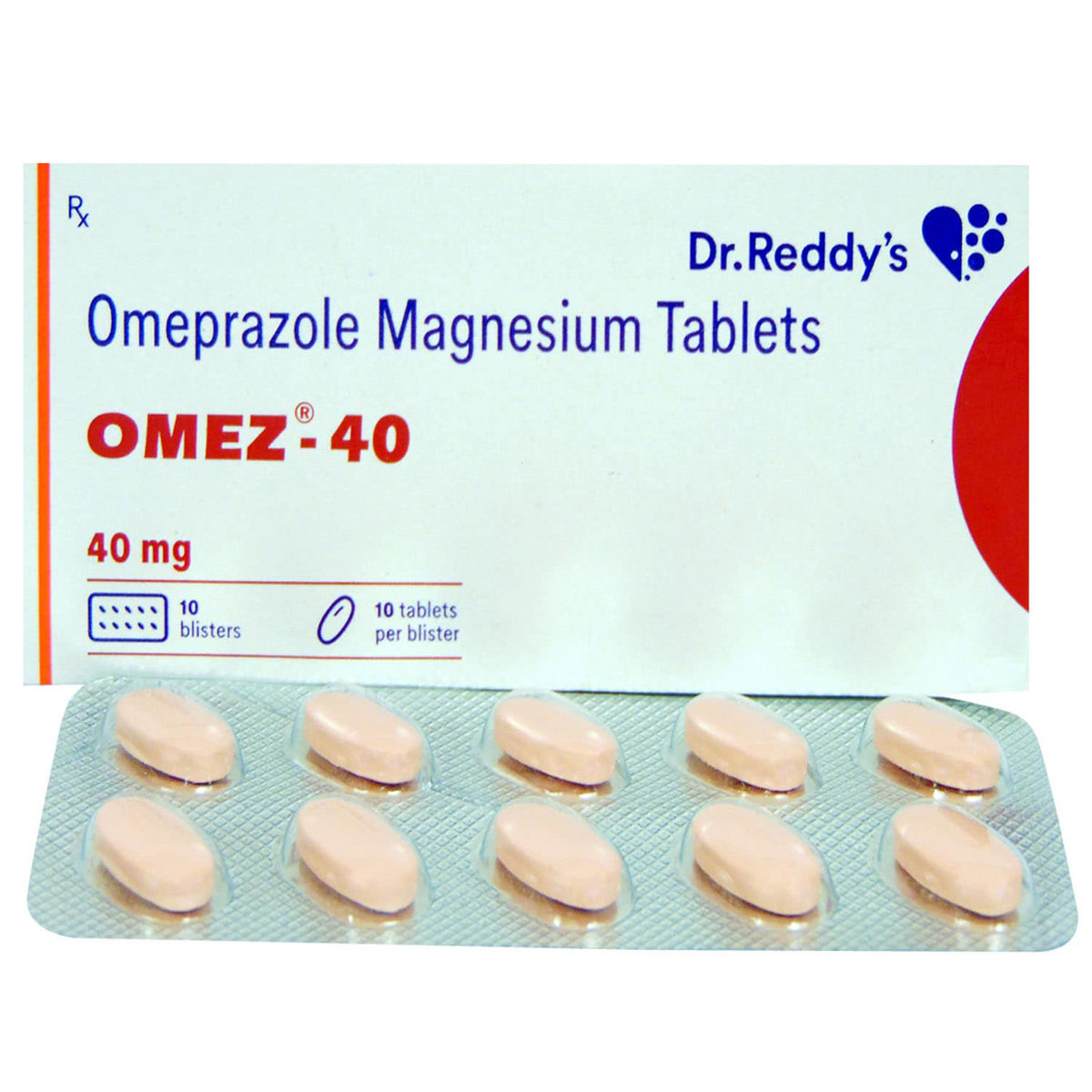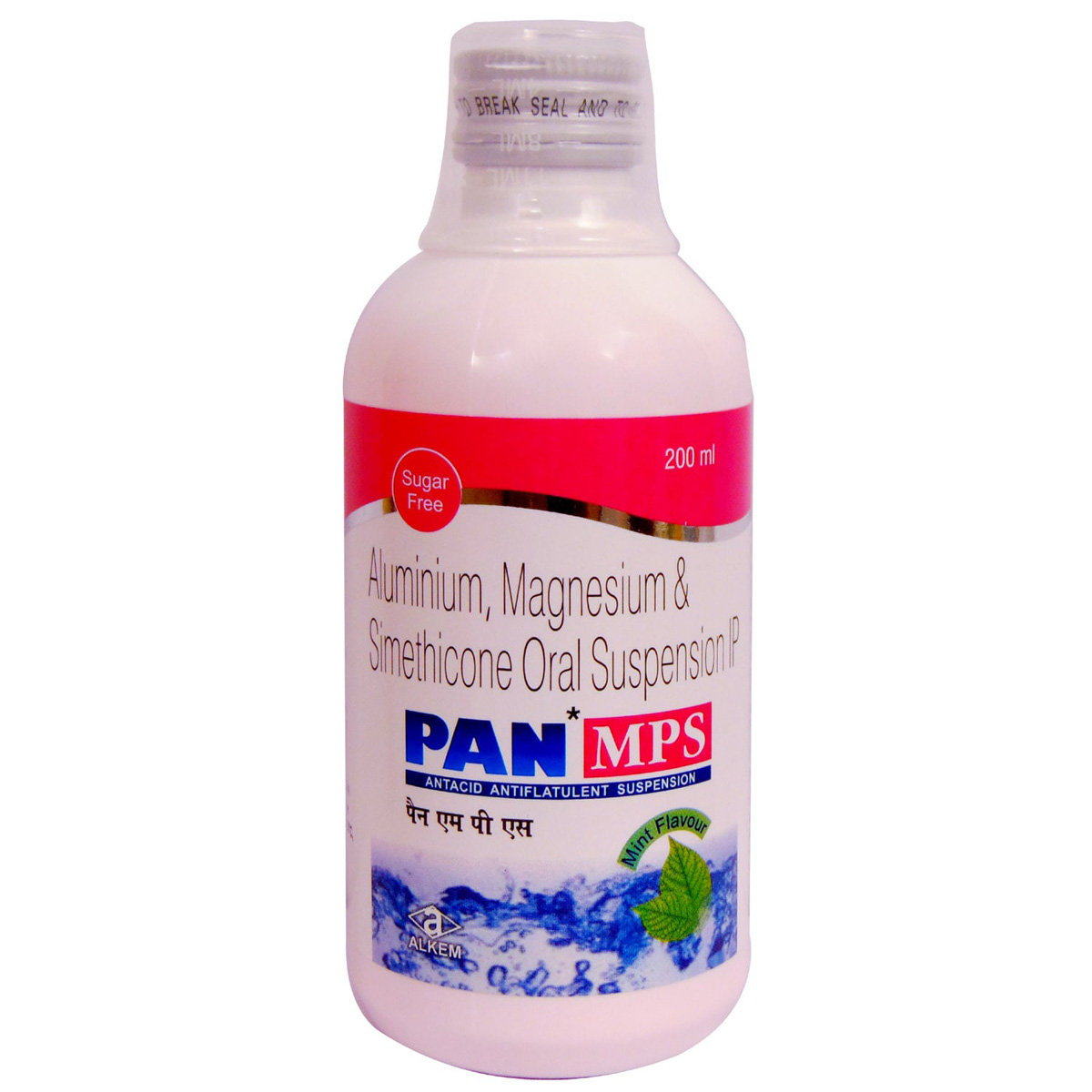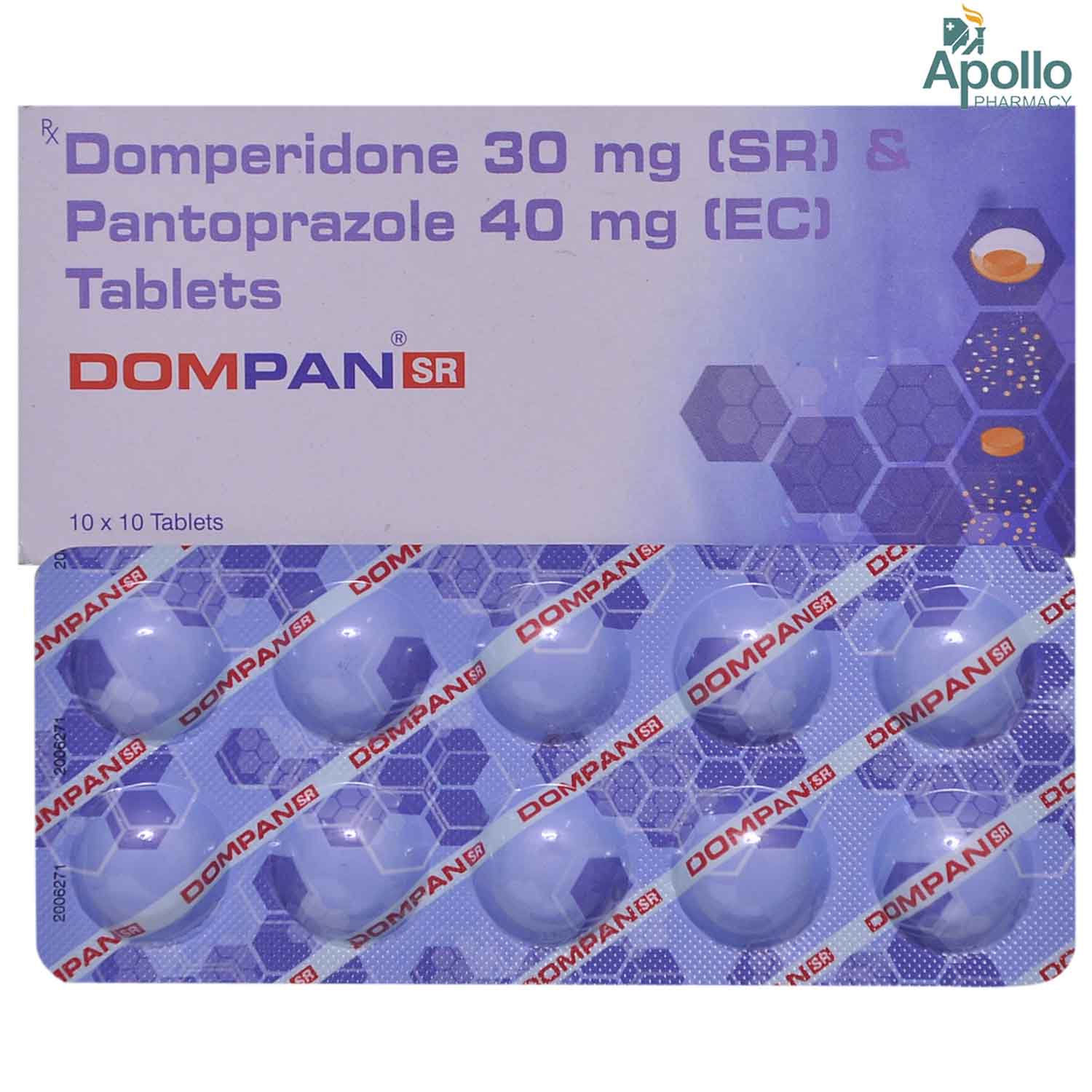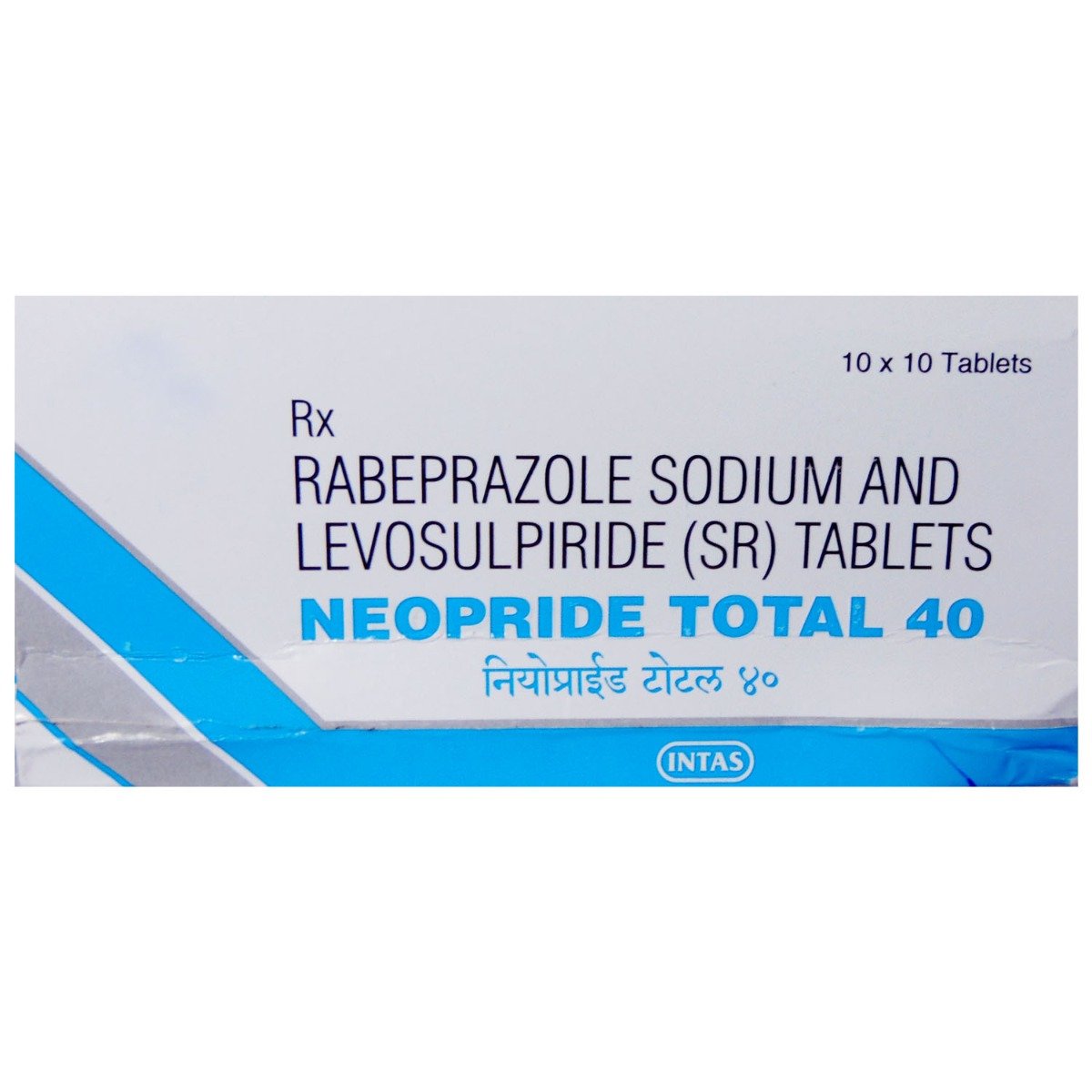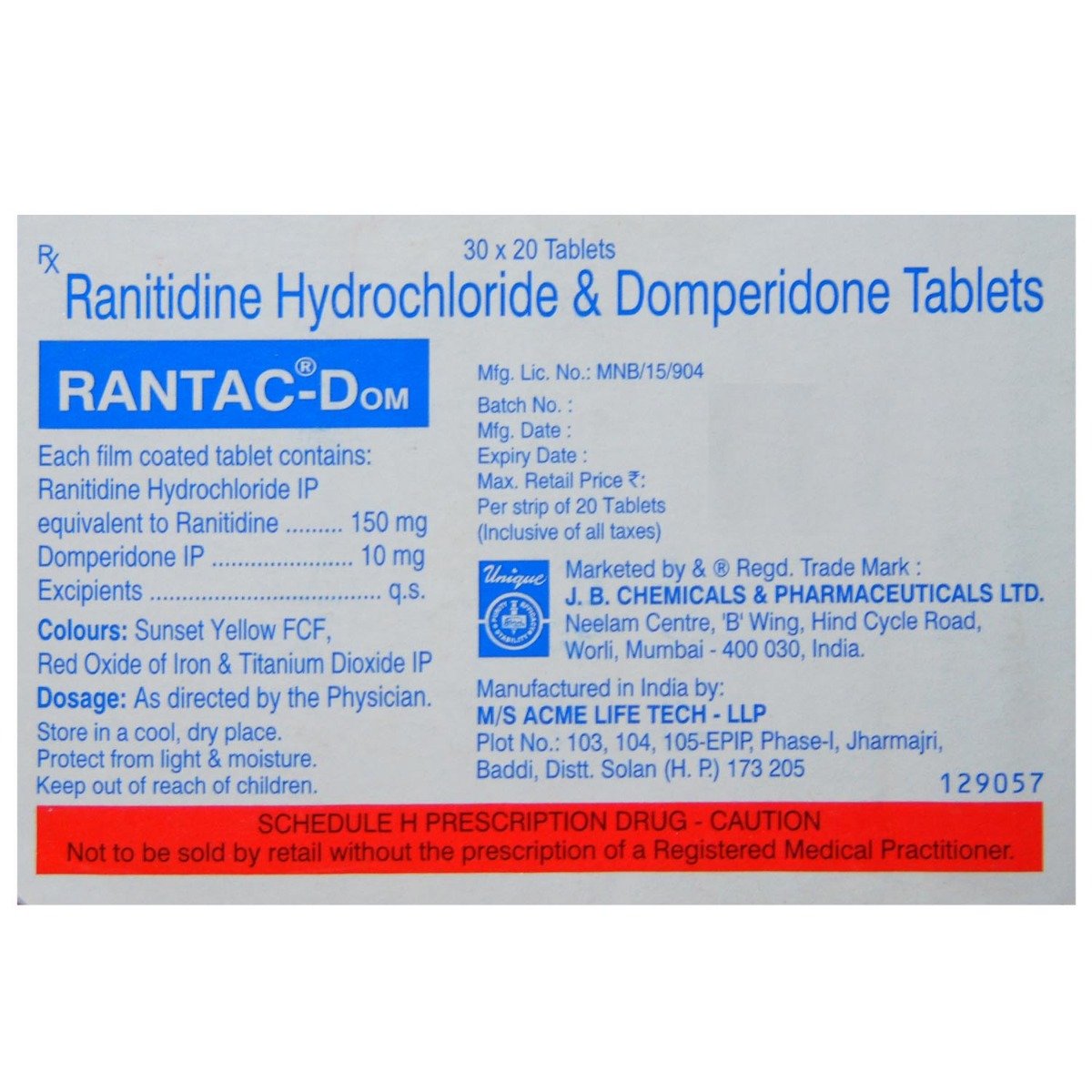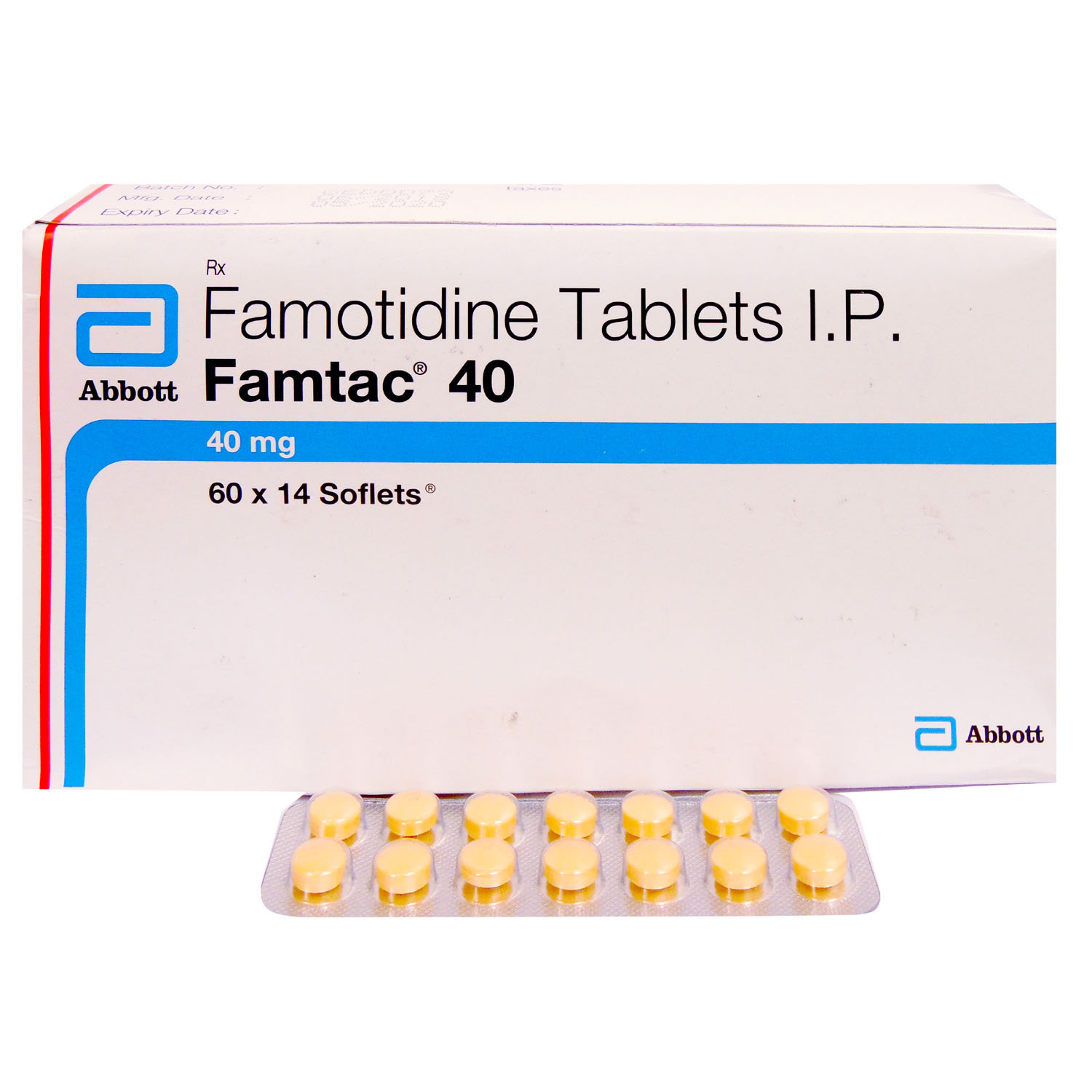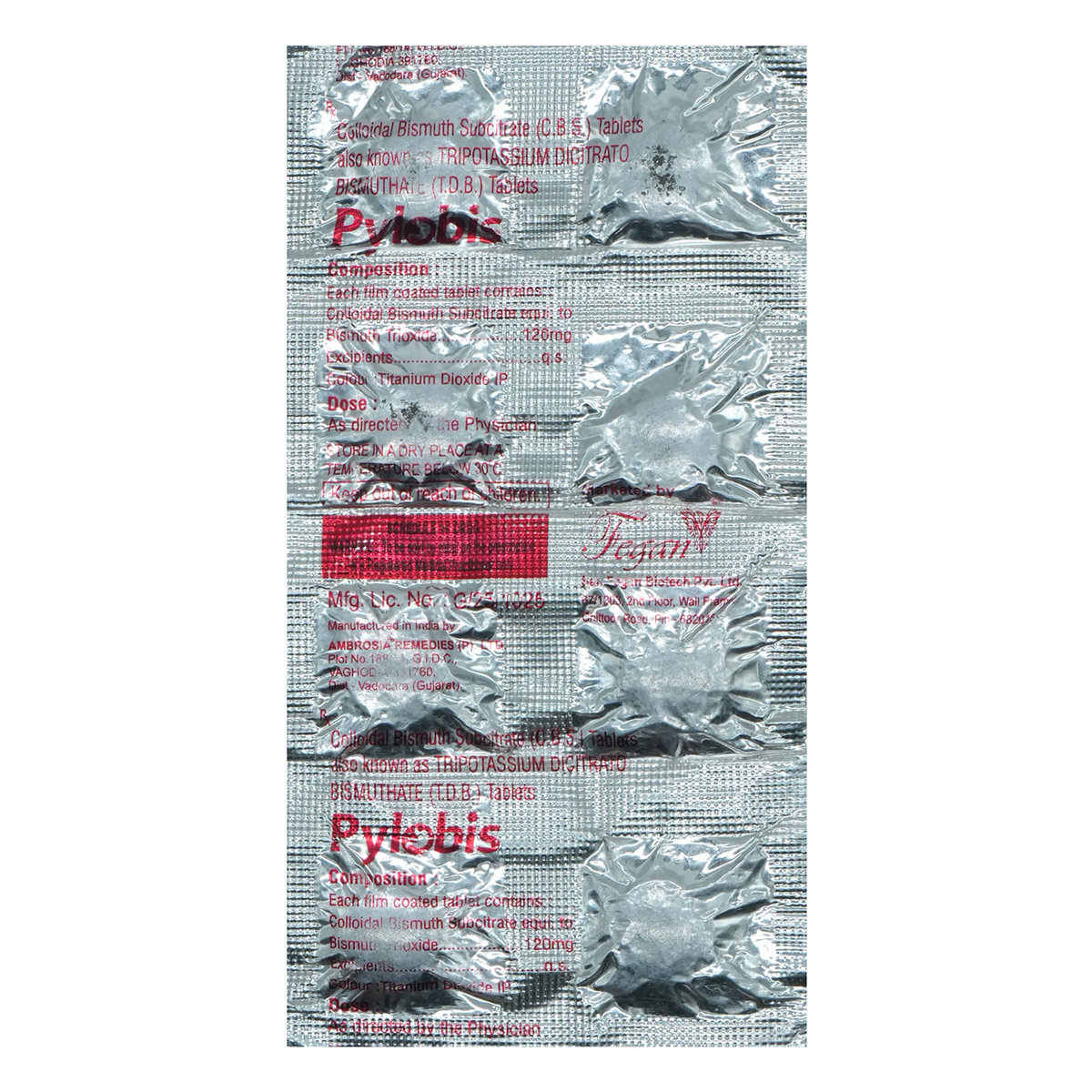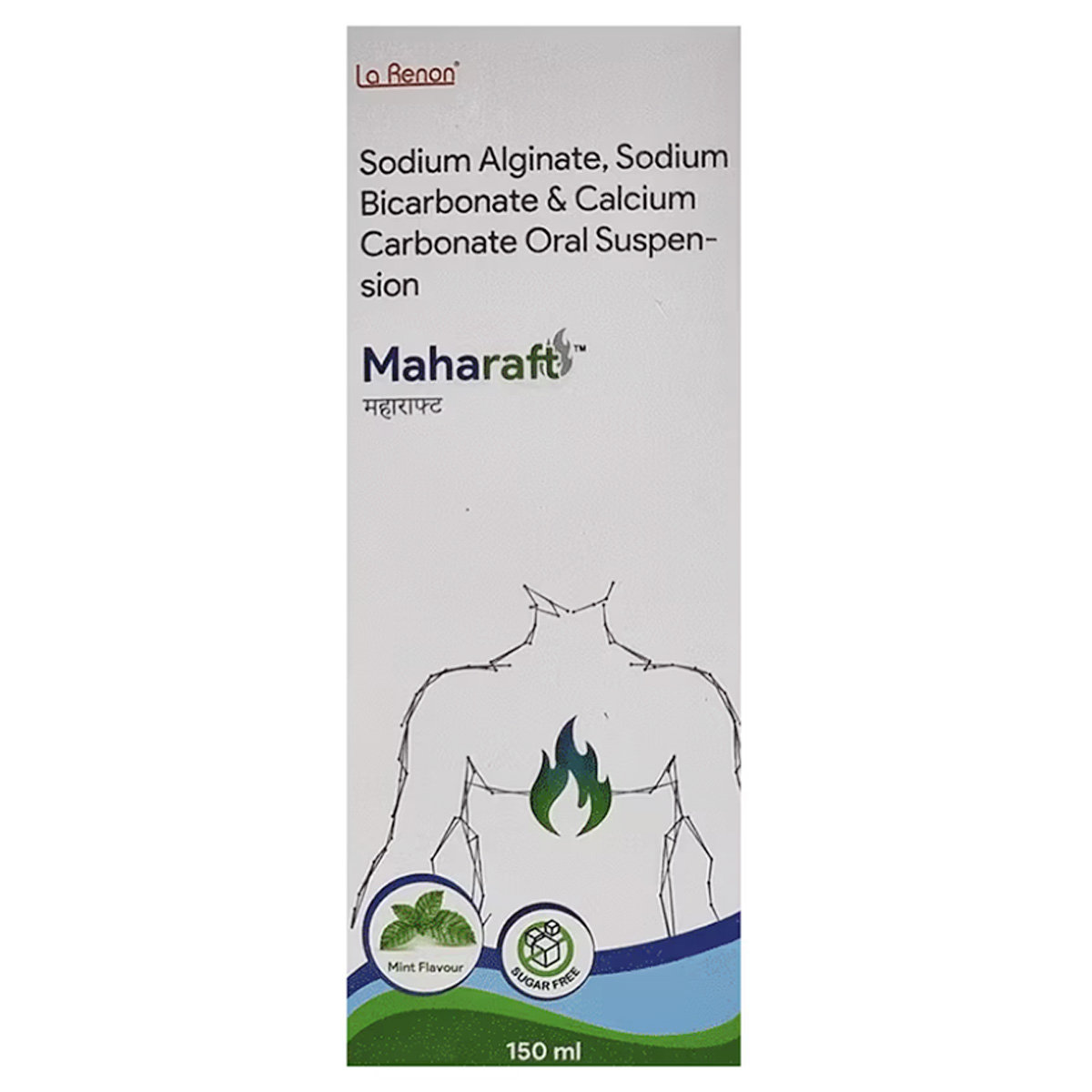- Home
- Health Condition
Medicine For Gas Pain
Medicine For Gas Pain
- Total Items (4171)
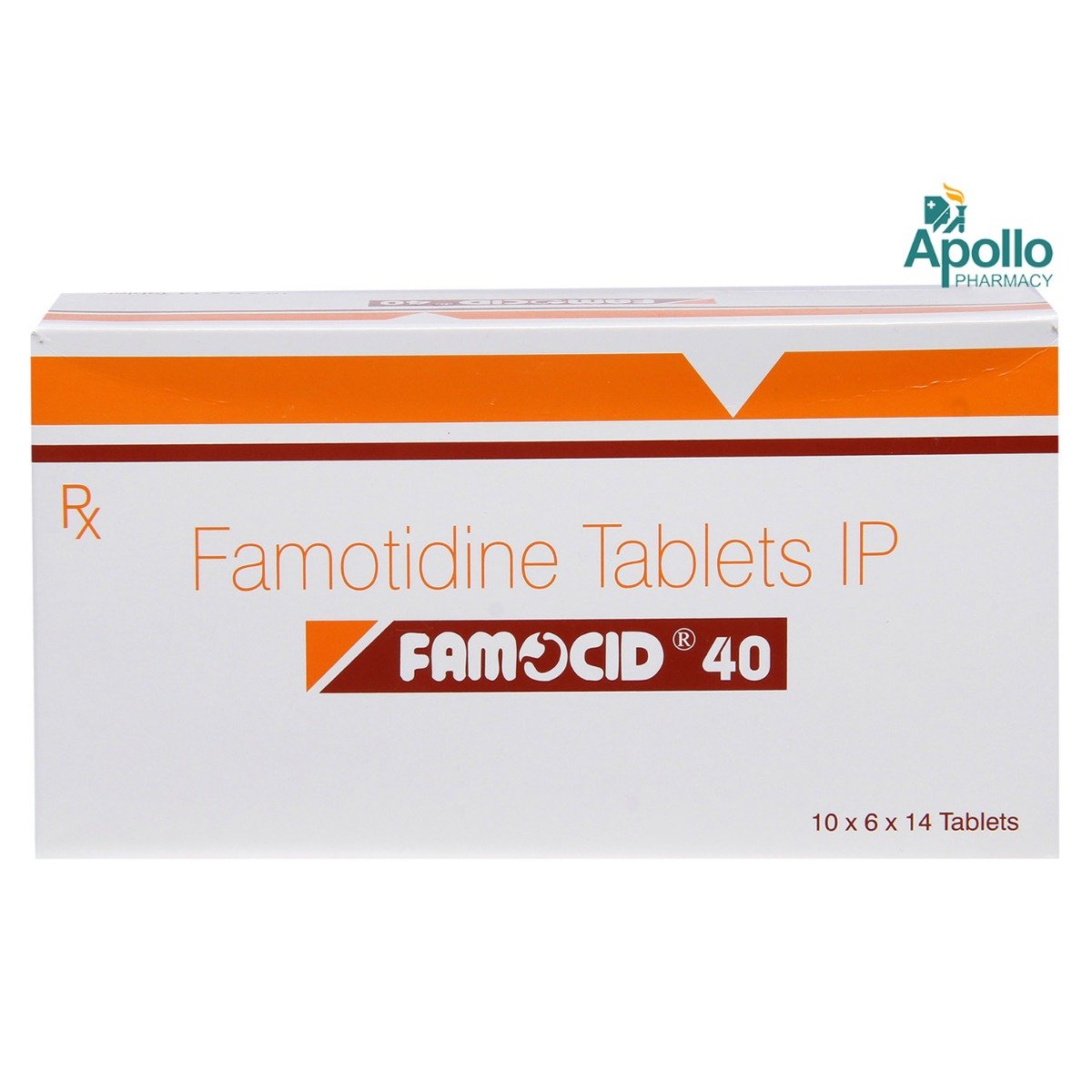 RX
RXFamocid 40 Tablet 14's
₹10.50
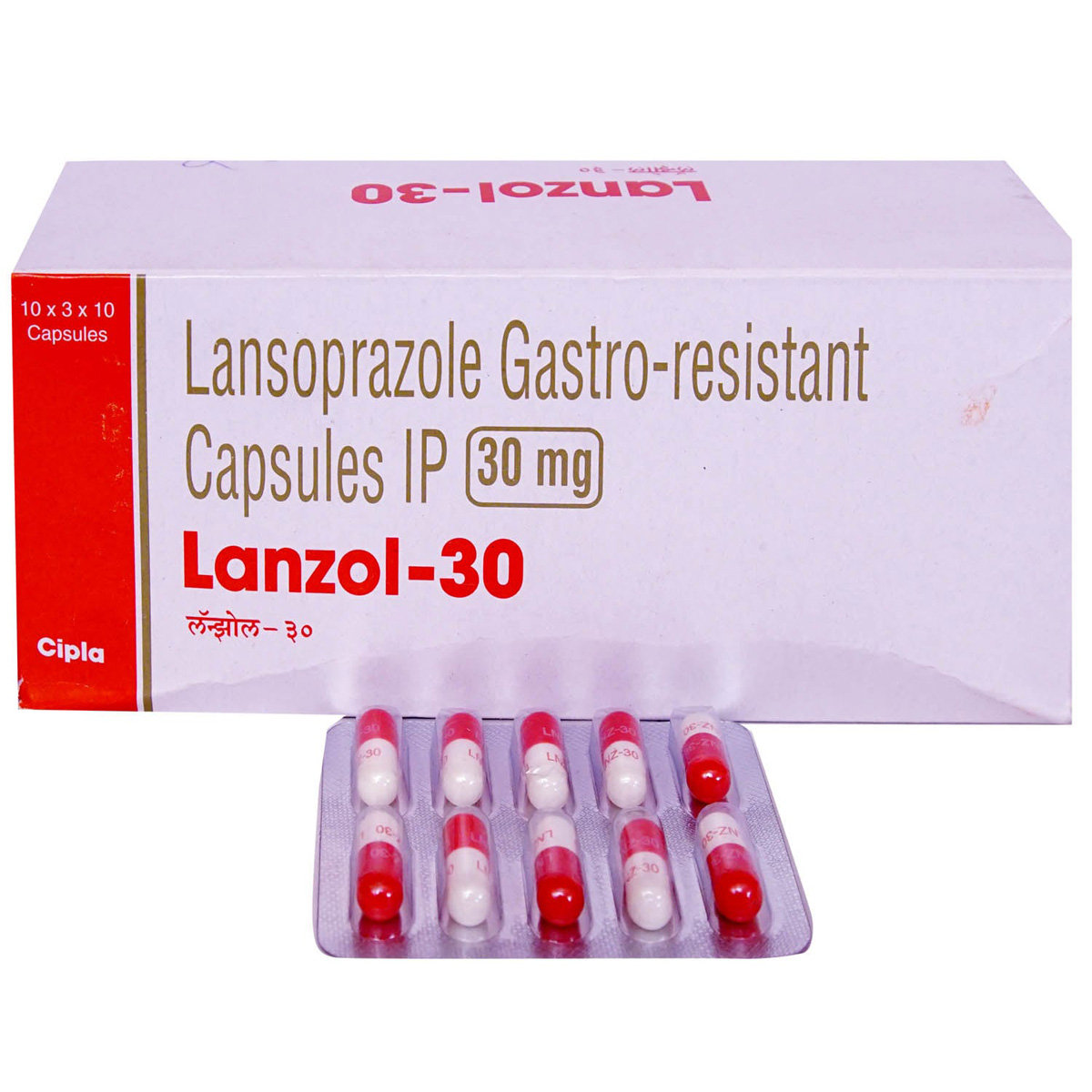 RX
RXLanzol 30 Capsule 10's
₹76.60
MRP ₹102
25% off
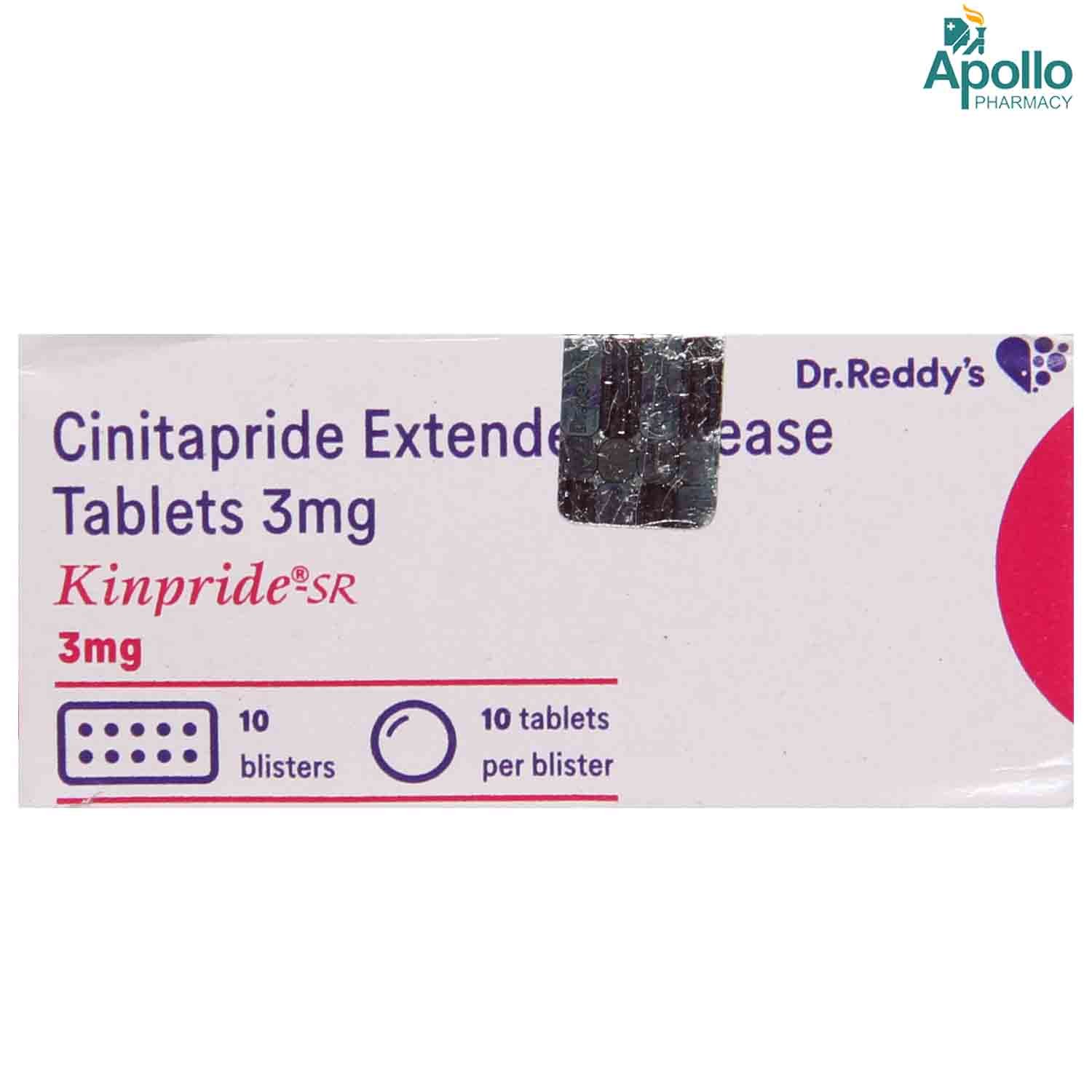 RX
RXKinpride SR 3 Tablet 10's
₹357.50
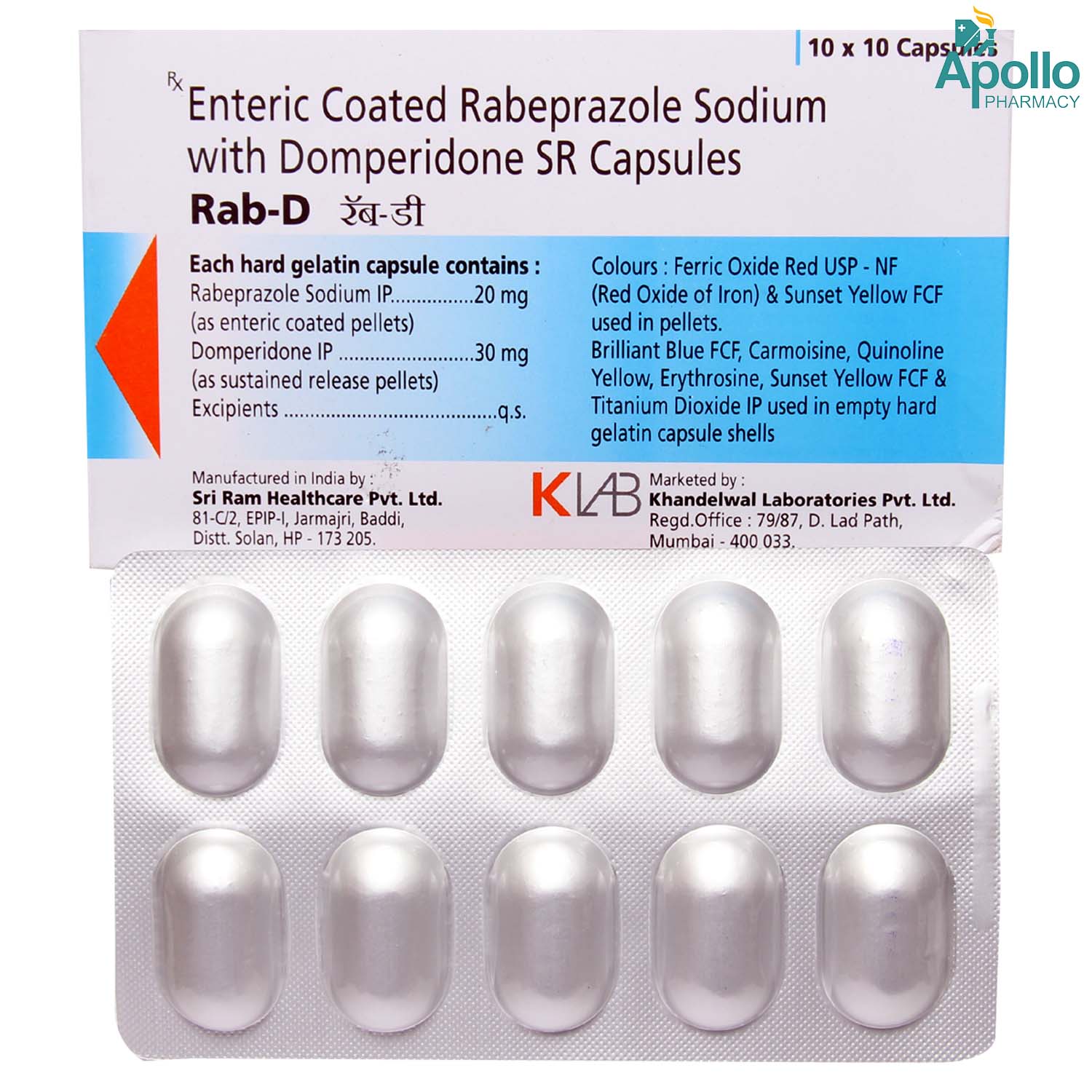 RX
RXRab D Tablet 10's
₹37.20
MRP ₹46.50
20% off
 RX
RXEsofine DSR Capsule 15's
₹229.50
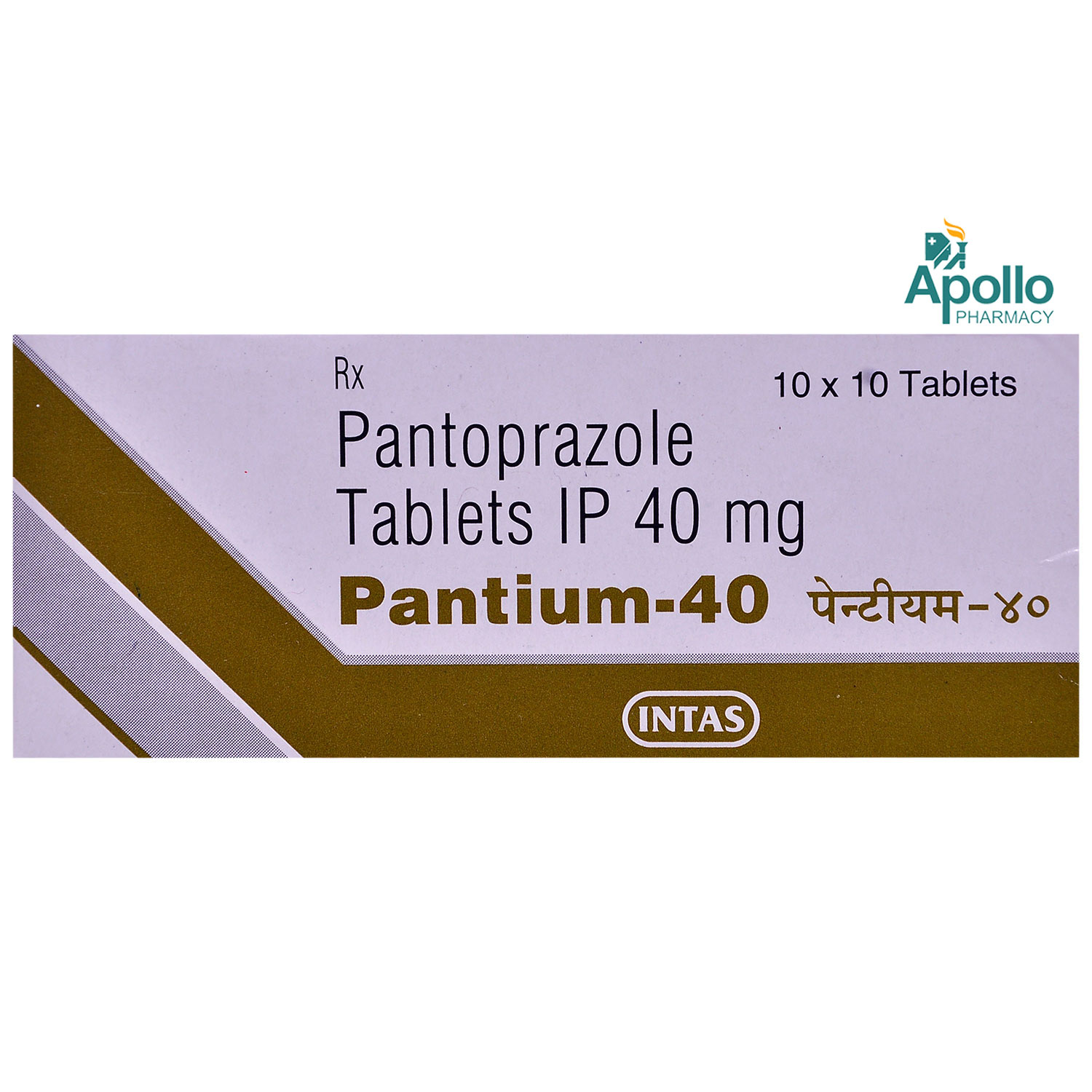 RX
RXPantium 40 Tablet 10's
₹116.50
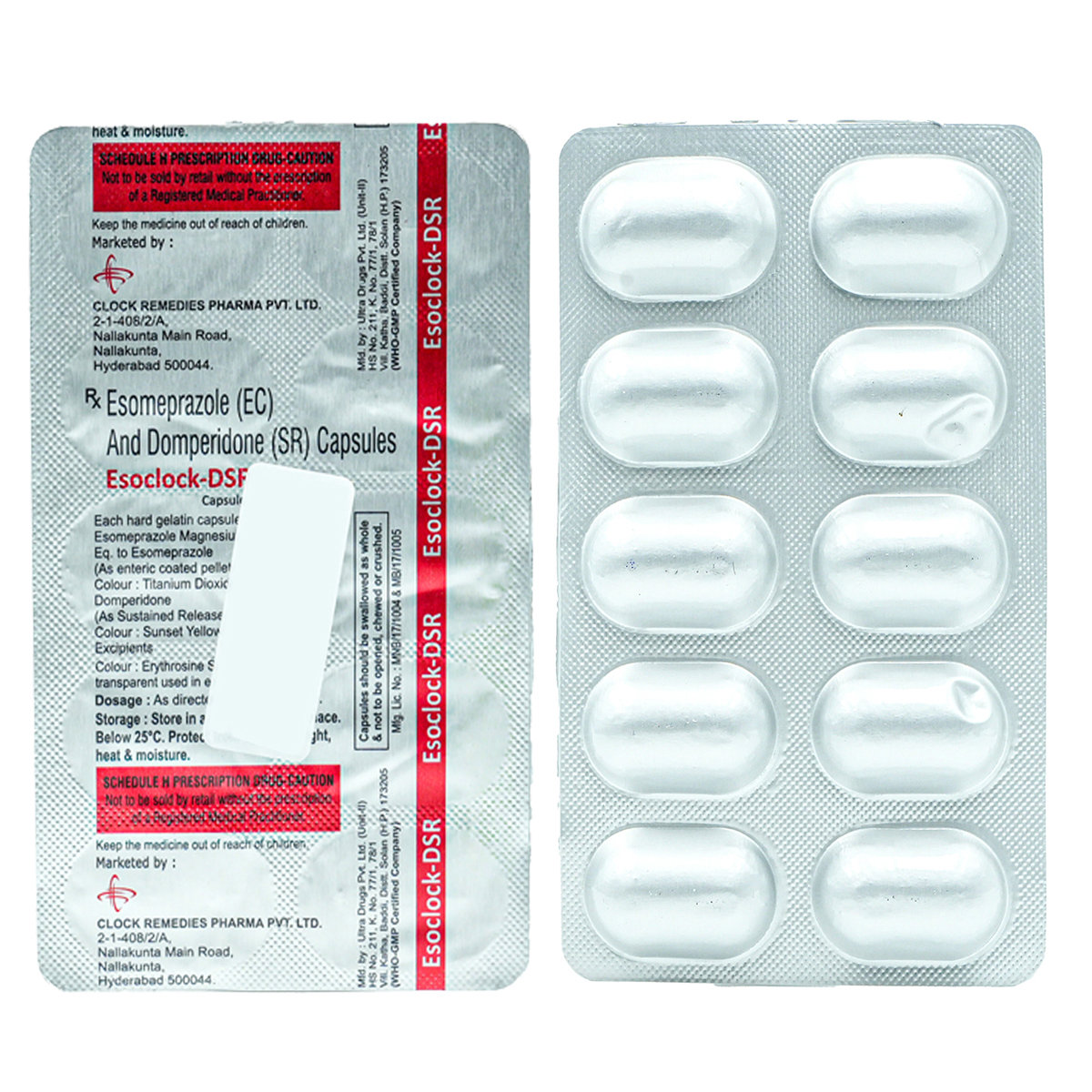 RX
RXEsoclock-DSR Capsule 10's
₹186.50
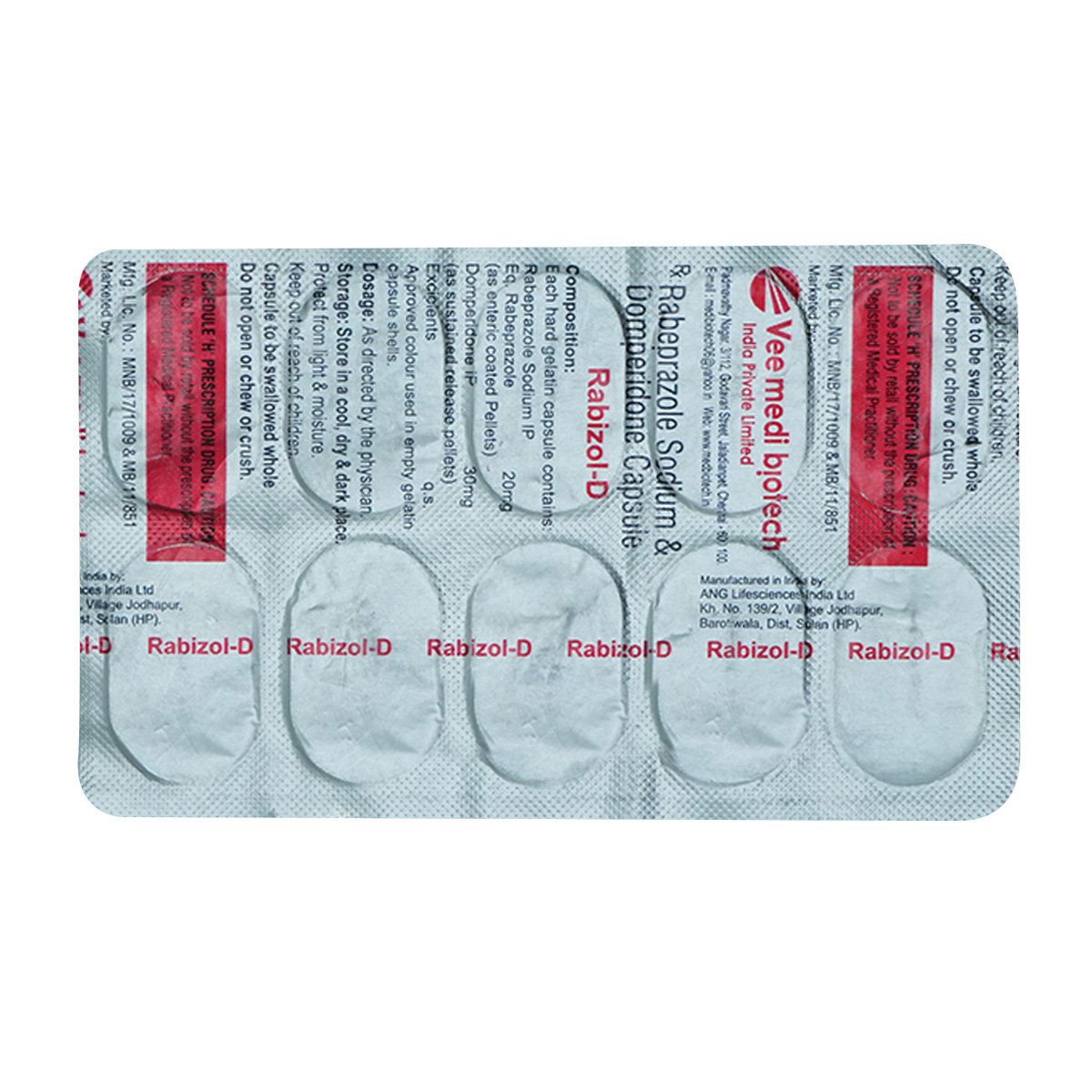 RX
RXRabizol-D Capsule 10's
₹101.20
MRP ₹126.50
20% off
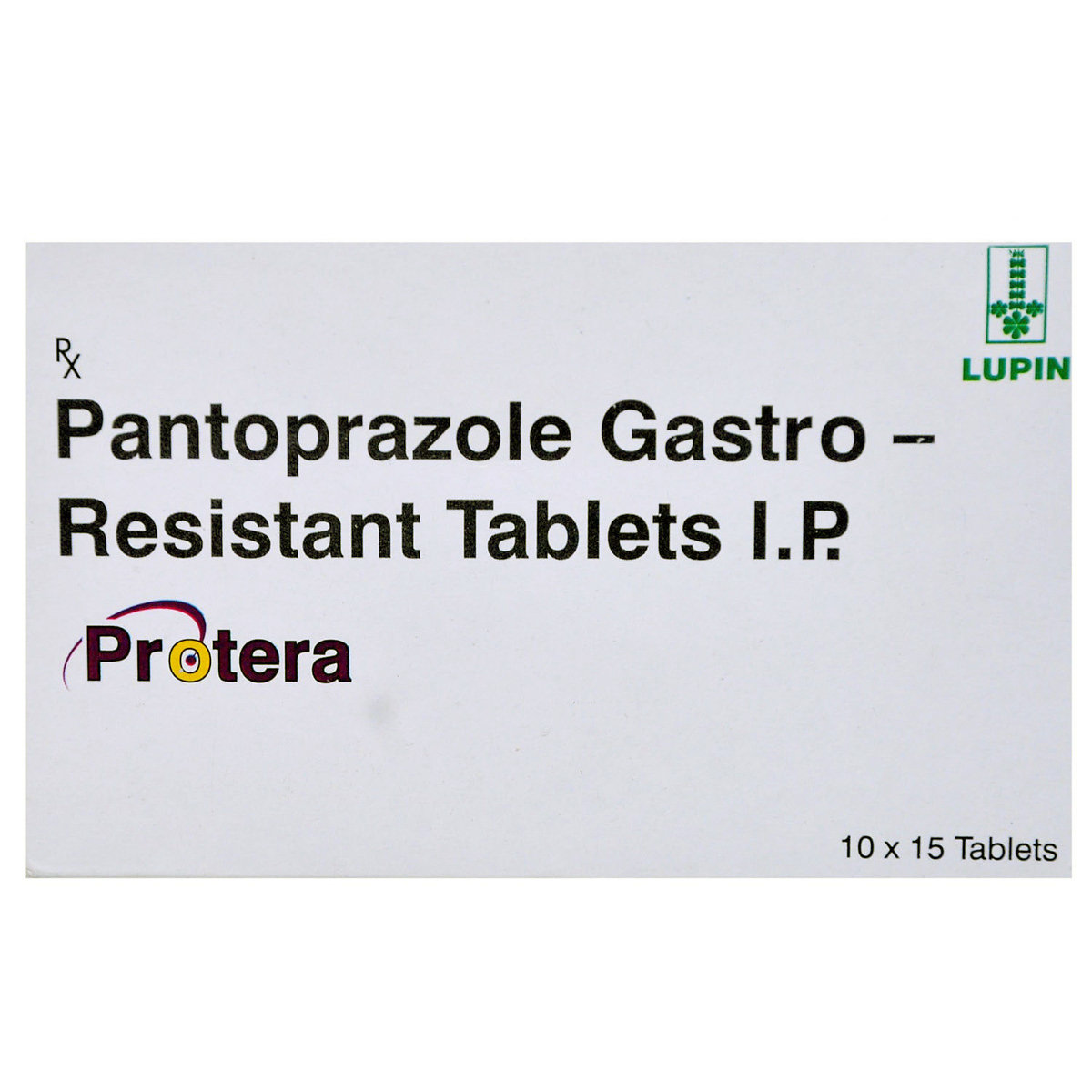 RX
RXProtera 40 mg Tablet 15's
₹223.50
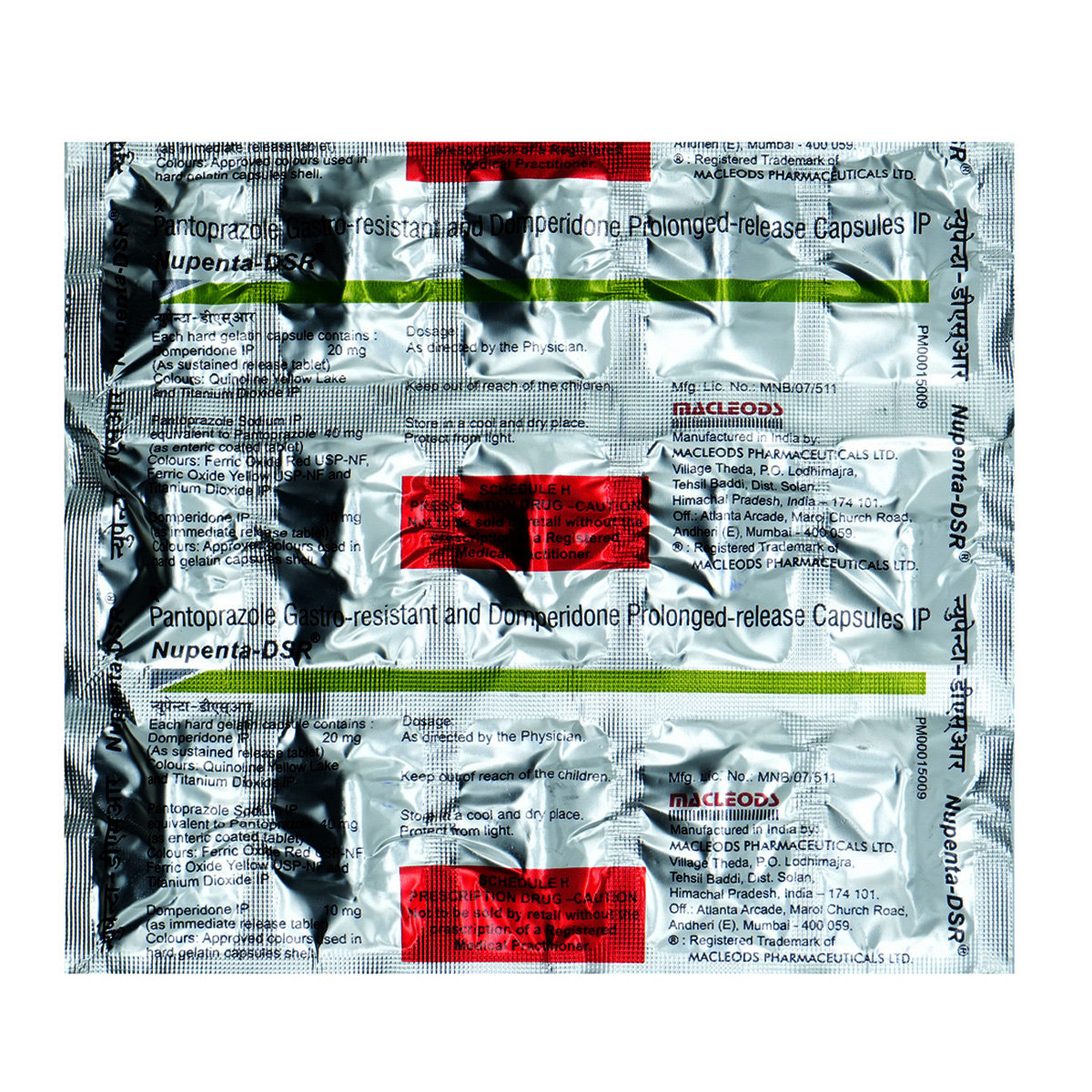 RX
RXNupenta-DSR Capsule 15's
₹205.50
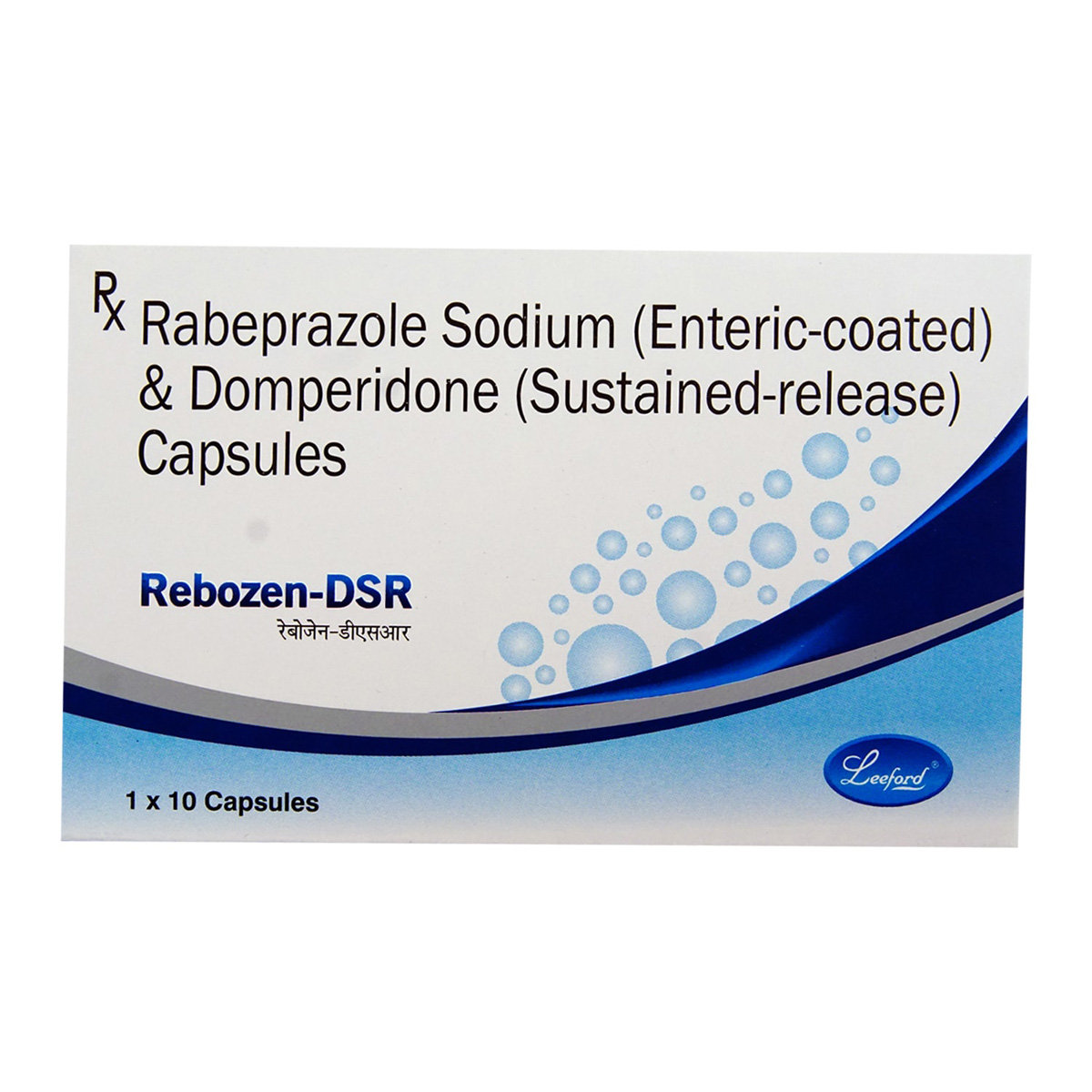 RX
RXRebozen DSR Capsule 10's
₹63
MRP ₹84
25% off
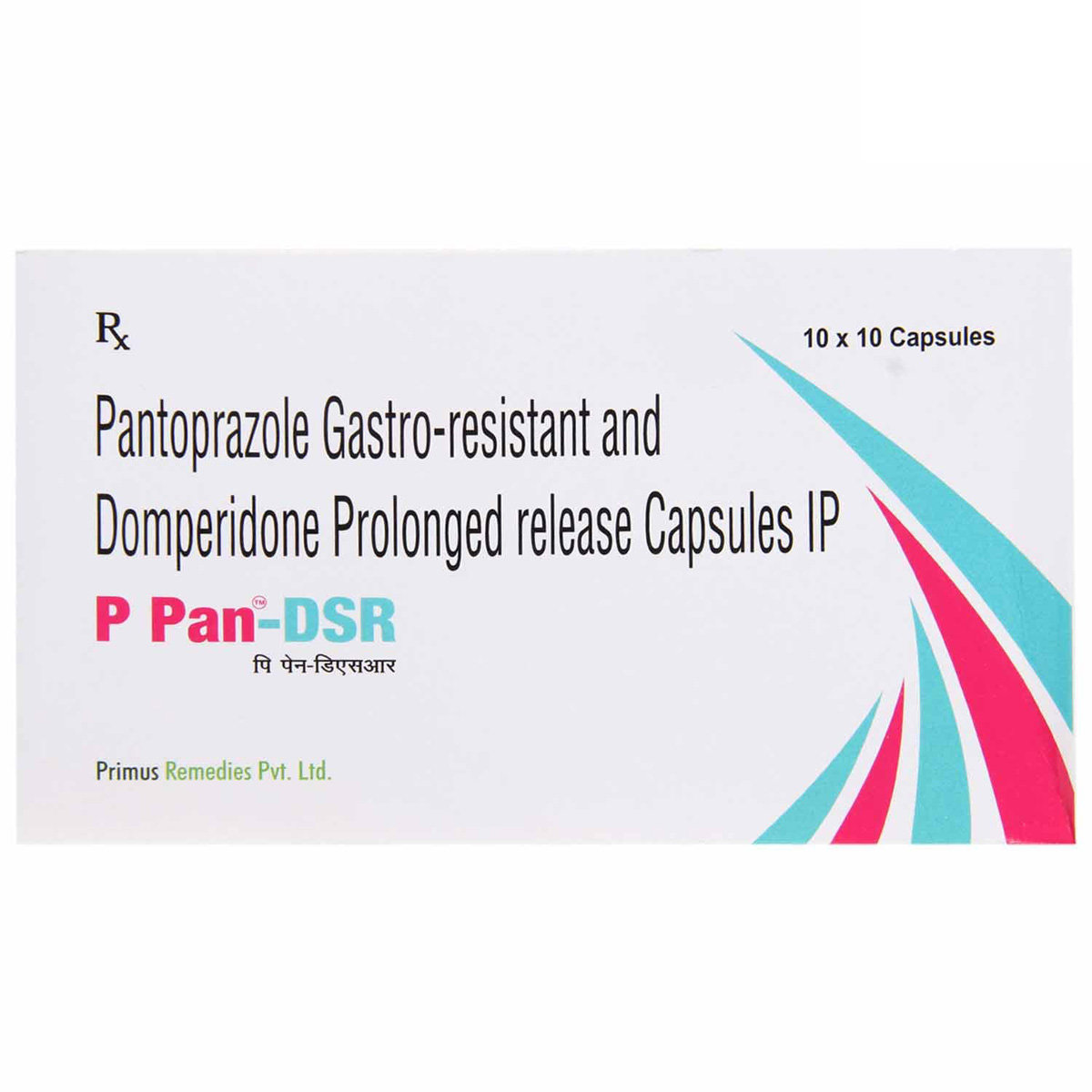 RX
RXP Pan DSR Capsule 10's
₹105.50
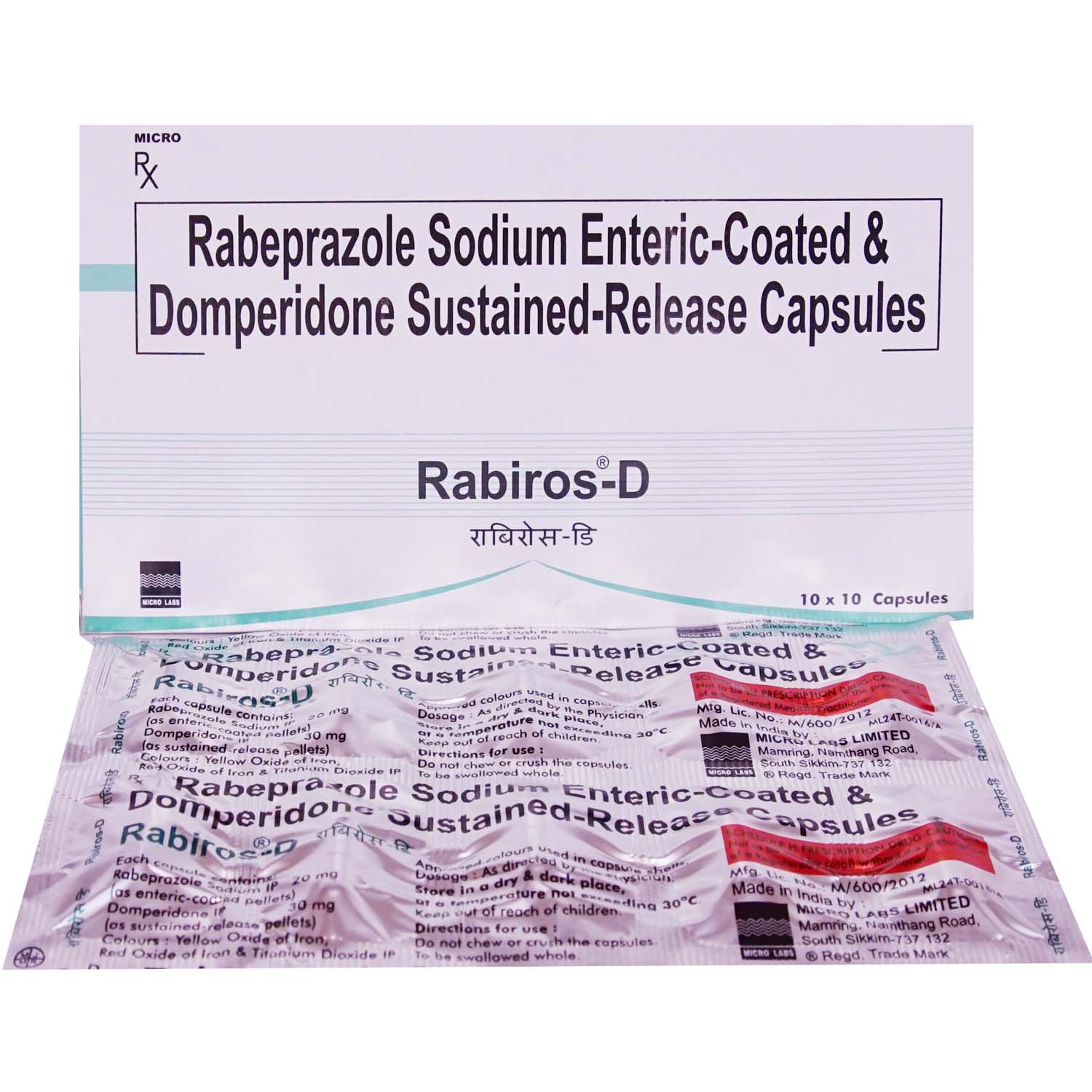 RX
RXRabiros D Capsule 10's
₹137.50
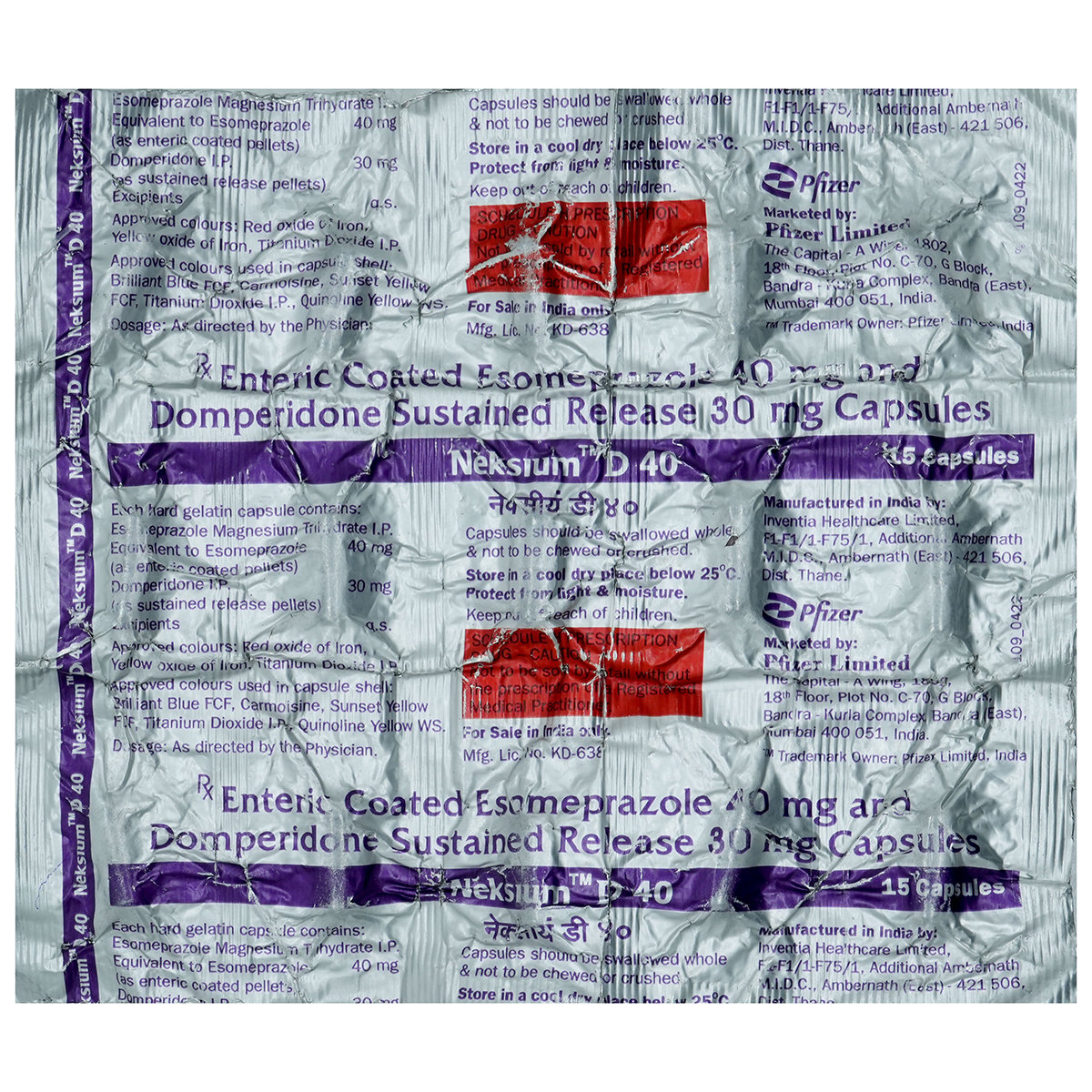 RX
RXNeksium D 40 mg Capsule 15's
₹252.50
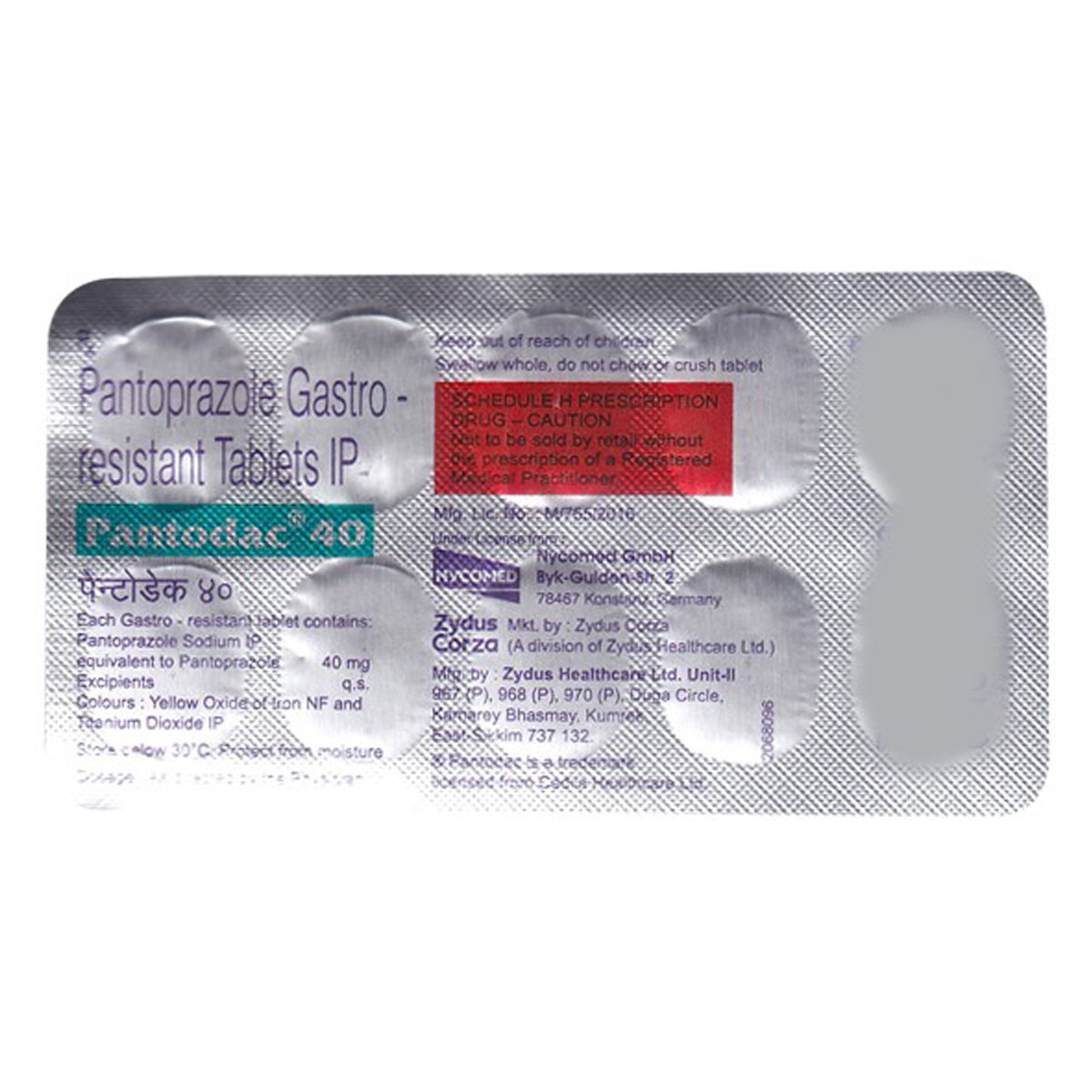 RX
RXPantodac 40 mg Tablet 10's
₹224.50
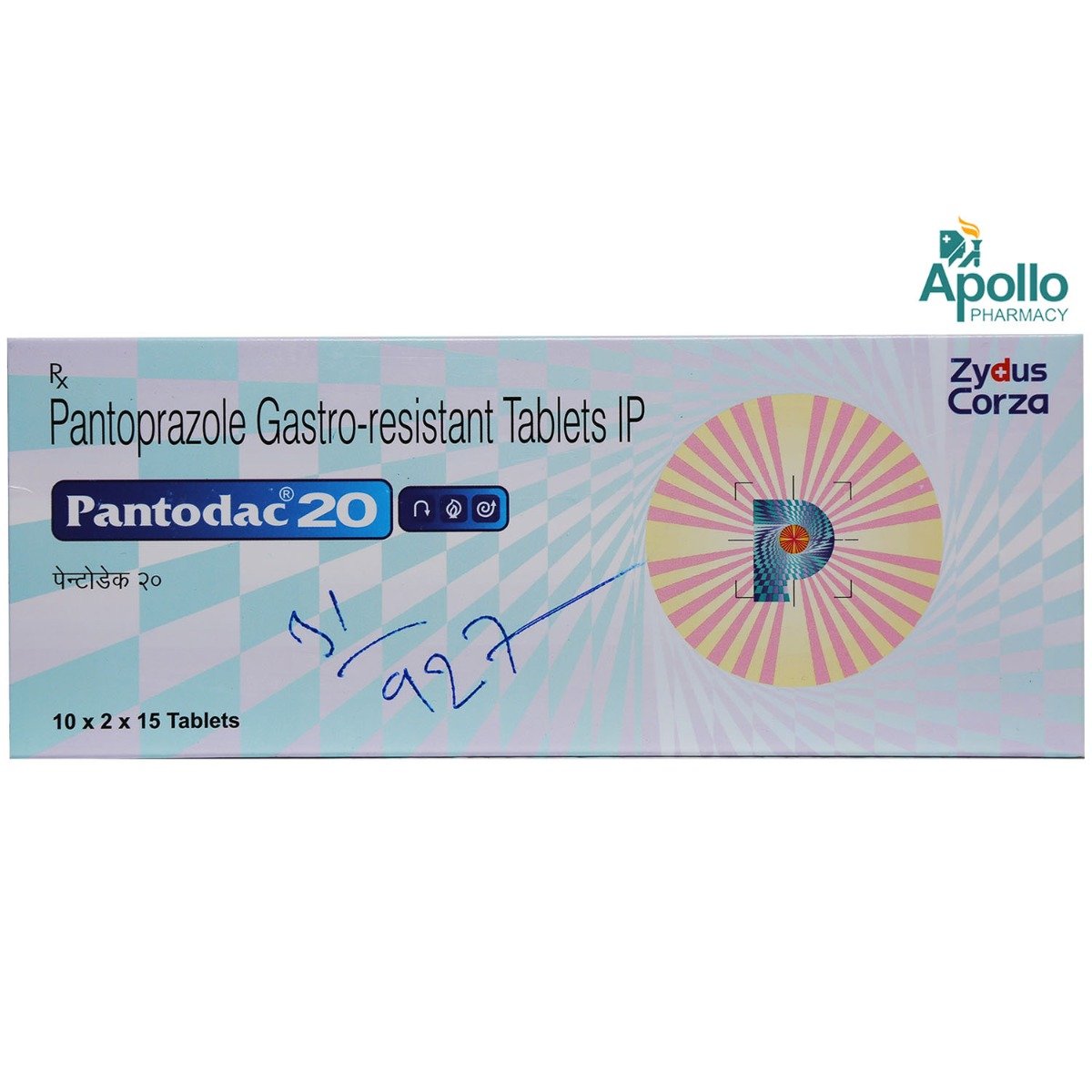 RX
RXPantodac 20 Tablet 15's
₹178.50
 RX
RXFamocid 40 Tablet 14's
₹10.50
 RX
RXLanzol 30 Capsule 10's
₹76.60
MRP ₹102
25% off
 RX
RXKinpride SR 3 Tablet 10's
₹357.50
 RX
RXRab D Tablet 10's
₹37.20
MRP ₹46.50
20% off
 RX
RXEsofine DSR Capsule 15's
₹229.50
 RX
RXPantium 40 Tablet 10's
₹116.50
 RX
RXEsoclock-DSR Capsule 10's
₹186.50
 RX
RXRabizol-D Capsule 10's
₹101.20
MRP ₹126.50
20% off
 RX
RXProtera 40 mg Tablet 15's
₹223.50
 RX
RXNupenta-DSR Capsule 15's
₹205.50
 RX
RXRebozen DSR Capsule 10's
₹63
MRP ₹84
25% off
 RX
RXP Pan DSR Capsule 10's
₹105.50
 RX
RXRabiros D Capsule 10's
₹137.50
 RX
RXNeksium D 40 mg Capsule 15's
₹252.50
 RX
RXPantodac 40 mg Tablet 10's
₹224.50
 RX
RXPantodac 20 Tablet 15's
₹178.50
Medicine for Gas Pain
Gas pain is a common digestive issue that occurs when excess gas builds up in the gastrointestinal tract, leading to bloating, discomfort, and cramping. It can be caused by various factors, including swallowing air, consuming gas-producing foods, digestive disorders, or an imbalance in gut bacteria. While mild cases of gas pain often resolve on their own, medications can provide quick relief by reducing gas formation, improving digestion, and relieving bloating. Choosing the right medicine depends on the underlying cause and severity of symptoms.
Types of Medicines Used for Gas Pain
Different types of medications are available to treat gas pain, ranging from over-the-counter remedies to prescription drugs for chronic digestive conditions.
1. Antiflatulents (Gas-Relief Medications)
These medicines help break up gas bubbles in the stomach and intestines, making it easier for gas to pass.
- Simethicone: A widely used antiflatulent that helps reduce gas bubbles in the digestive tract.
- Activated Charcoal: Absorbs excess gas and toxins in the stomach, providing relief from bloating.
2. Digestive Enzymes
These enzymes aid digestion and prevent gas formation by breaking down complex carbohydrates and proteins.
- Alpha-Galactosidase (Beano): Helps break down sugars in beans and vegetables that cause gas.
- Lactase Supplements: Useful for lactose-intolerant individuals to help digest dairy products.
- Papain & Bromelain: Enzymes derived from papaya and pineapple that aid protein digestion.
3. Probiotics
Probiotics promote healthy gut bacteria, reducing gas buildup and improving digestion.
- Lactobacillus and Bifidobacterium: Commonly used probiotic strains that aid digestion and reduce bloating.
- Saccharomyces Boulardii: A yeast-based probiotic that supports gut health and prevents bloating.
4. Antacids with Simethicone
Antacids combined with simethicone provide relief from both gas and acidity.
- Magnesium Hydroxide & Aluminium Hydroxide with Simethicone: Reduces acidity and helps eliminate gas.
- Calcium Carbonate with Simethicone: Provides quick relief from heartburn and bloating.
5. Carminative Medications (Natural Gas Relievers)
These herbal-based remedies help relax the digestive tract and ease gas passage.
- Fennel Extract: A natural carminative that relieves bloating and indigestion.
- Peppermint Oil Capsules: Helps soothe the intestines and prevent gas buildup.
- Ginger Extract: Known for its digestive properties, reducing bloating and discomfort.
6. Prescription Medications for Severe Cases
For chronic or severe gas-related conditions, doctors may prescribe specific medications.
- Dicyclomine: An antispasmodic that relaxes intestinal muscles, reducing cramping and bloating.
- Rifaximin: An antibiotic prescribed for bacterial overgrowth that causes excessive gas.
- Domperidone & Metoclopramide: Help regulate digestion and prevent bloating.
Benefits of Using Medicine for Gas Pain
Gas pain medications provide various benefits, ensuring relief from discomfort and improving digestive function. Some key benefits include:
- Quick Symptom Relief: Antiflatulents like simethicone work rapidly to disperse gas bubbles, reducing bloating and discomfort. These medicines act within minutes, providing immediate relief, making them ideal for sudden gas pain episodes.
- Improved Digestion: Digestive enzymes help break down food components, preventing excessive gas production. By aiding the digestion of complex carbohydrates and proteins, these enzymes reduce fermentation in the gut, leading to less bloating and gas formation.
- Reduced Bloating and Abdominal Discomfort: Probiotics and natural carminatives improve gut health and reduce bloating by balancing digestive bacteria. Regular use of probiotics can prevent excessive gas accumulation and promote a healthier digestive environment.
- Prevention of Recurring Gas Issues: Regular use of probiotics and digestive aids can prevent frequent gas-related problems. Long-term benefits include a strengthened gut microbiome, which enhances digestion and reduces episodes of bloating and gas.
- Relief from Food Intolerances: Lactase supplements enable lactose-intolerant individuals to enjoy dairy products without discomfort. For individuals with gluten or fructose intolerance, digestive enzymes provide targeted relief by breaking down difficult-to-digest sugars and proteins.
- Better Gut Motility: Medications like domperidone improve digestion by promoting food movement through the gastrointestinal tract. Improved gut motility ensures that food does not sit in the digestive tract for prolonged periods, reducing fermentation and gas production.
- Safe and Effective for Daily Use: Most over-the-counter gas relief medications are safe for daily consumption when used as directed. They provide a non-invasive, effective solution for managing gas pain without the need for prescription drugs.
- Minimized Social Discomfort: Gas pain and bloating can be embarrassing in social situations. By effectively managing gas symptoms, medications help individuals feel more confident and comfortable in their daily lives.
- Enhanced Nutrient Absorption: By improving digestion and reducing bloating, these medicines ensure that nutrients from food are absorbed efficiently, promoting overall health.
- Reduced Risk of Complications: Chronic gas buildup can sometimes lead to complications like acid reflux or irritable bowel syndrome (IBS). By using appropriate medications, the risk of developing such conditions is significantly lowered.
Dosage & Usage Instructions of Medicine for Gas Pain
The dosage and usage of medicine for gas pain generally depend on the severity of symptoms and the patient’s age. You should always follow your physician's recommendations. However, the general guidelines may include::
- Simethicone-based Medications: Typically taken after meals and before bedtime for maximum effectiveness. Simethicone works best when used as needed, but excessive use should be avoided as it does not prevent gas formation.
- Digestive Enzymes: These should be taken before or with meals to aid digestion and prevent gas formation. For individuals with lactose intolerance, lactase supplements should be consumed with dairy products to enhance digestion and prevent discomfort.
- Probiotics: Best taken daily to maintain gut health, with or without food, depending on the formulation. Regular use of probiotics ensures long-term digestive balance and helps prevent recurring bloating and gas pain.
- Antacids with Simethicone: Used as needed for relief from gas and acidity but should not be overused to avoid side effects like constipation or diarrhea.
- Carminative Medications: Herbal remedies like peppermint oil capsules should be taken before meals to help digestion and reduce bloating. Natural carminatives are often safe for daily use and can provide long-term relief from digestive discomfort.
- Prescription Medications: Must be taken as directed by a healthcare professional, with dosage adjustments based on symptom severity. Medications such as domperidone or rifaximin should only be used under medical supervision, particularly for chronic digestive conditions.
- Hydration & Dietary Considerations: Drinking plenty of water can help reduce bloating by aiding digestion and preventing constipation. Avoiding carbonated drinks and high-fat foods can further enhance the effectiveness of gas pain medications.
- Gradual Dosage Adjustments: For individuals incorporating probiotics or digestive enzymes into their routine, starting with a lower dose and gradually increasing can help the body adjust and minimize side effects.
- Avoiding Late-Night Meals: To prevent gas accumulation overnight, individuals should take digestive aids before dinner and avoid consuming heavy meals right before bedtime.
- Monitoring for Side Effects: While most gas relief medications are well tolerated, some individuals may experience mild side effects like nausea or changes in bowel habits. If symptoms persist, consulting a healthcare provider is recommended.
Since individual responses to gas pain medications vary, consulting a healthcare provider is essential for personalised treatment recommendations.
Buy Medicine for Gas Pain Online at Apollo 24|7
Apollo 24|7 offers a wide range of medicine for gas pain, including antiflatulents, digestive enzymes, probiotics, and herbal carminatives. With easy online ordering and doorstep delivery, you can access trusted digestive relief options conveniently.
Frequently asked questions
Simethicone, digestive enzymes, and probiotics are among the most effective options for relieving gas pain.
Yes, most over-the-counter gas relief medicines are safe for daily use, but chronic symptoms should be discussed with a doctor.
Yes, probiotics promote healthy gut bacteria, reducing gas buildup and improving digestion.
Antiflatulents like simethicone work within minutes, while probiotics and digestive enzymes may take longer to show effects.
Occasional gas pain is normal, but persistent or severe symptoms may indicate underlying digestive disorders and should be evaluated by a doctor.
Avoid carbonated drinks, beans, dairy (if lactose intolerant), high-fat foods, and artificial sweeteners that cause excessive gas.
Yes, herbal remedies like fennel tea, ginger, and peppermint oil capsules can help alleviate gas and bloating naturally.

